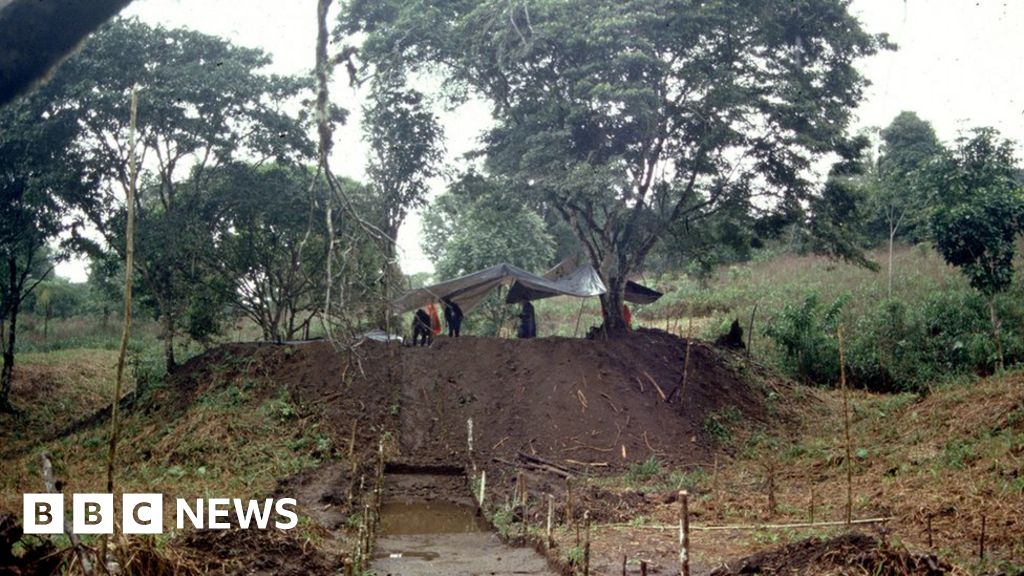- cross-posted to:
- [email protected]
- [email protected]
- [email protected]
- cross-posted to:
- [email protected]
- [email protected]
- [email protected]
A huge ancient city has been found in the Amazon, hidden for thousands of years by lush vegetation.
The discovery changes what we know about the history of people living in the Amazon. The houses and plazas in the Upano area in eastern Ecuador were connected by an astounding network of roads and canals.
The area lies in the shadow of a volcano that created rich local soils but also may have led to the destruction of the society.
While we knew about cities in the highlands of South America, like Machu Picchu in Peru, it was believed that people only lived nomadically or in tiny settlements in the Amazon.
“This is older than any other site we know in the Amazon. We have a Eurocentric view of civilisation, but this shows we have to change our idea about what is culture and civilisation,” says Prof Stephen Rostain, director of investigation at the National Centre for Scientific Research in France, who led the research.
And to think that their colleagues told them not to bother, that there was nothing there. Must feel really gratifying after all those years.
The Europeans always spread the myth that they conquered the Americas because they were somehow superior. The fact is that it was simply because 90% of the population died.

deleted by creator
There are plenty of historical records about the population dying from diseases. This was in no way unknown. Also, the conquerors actively tried to s destroy all records of the previous civilizations. They knew exactly what they were doing.
deleted by creator
Native American history: We lived on this land for a very long time and had a grand civilization for thousands of years.
Eurocentric history: “Indians” crossed the strait a few years ago and lived in primitive huts or whatever.
Modern Science: Yeah, it was major cities, road networks, etc. for thousands of years. Let me show you the evidence…
We’ve known this for a long time.




